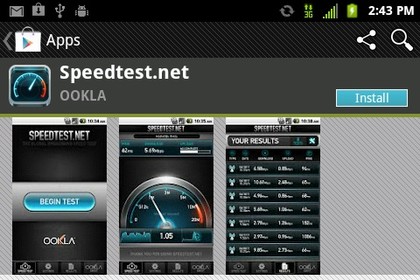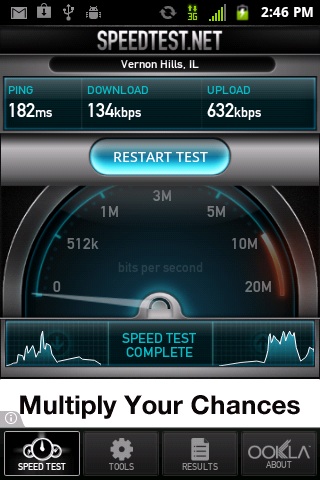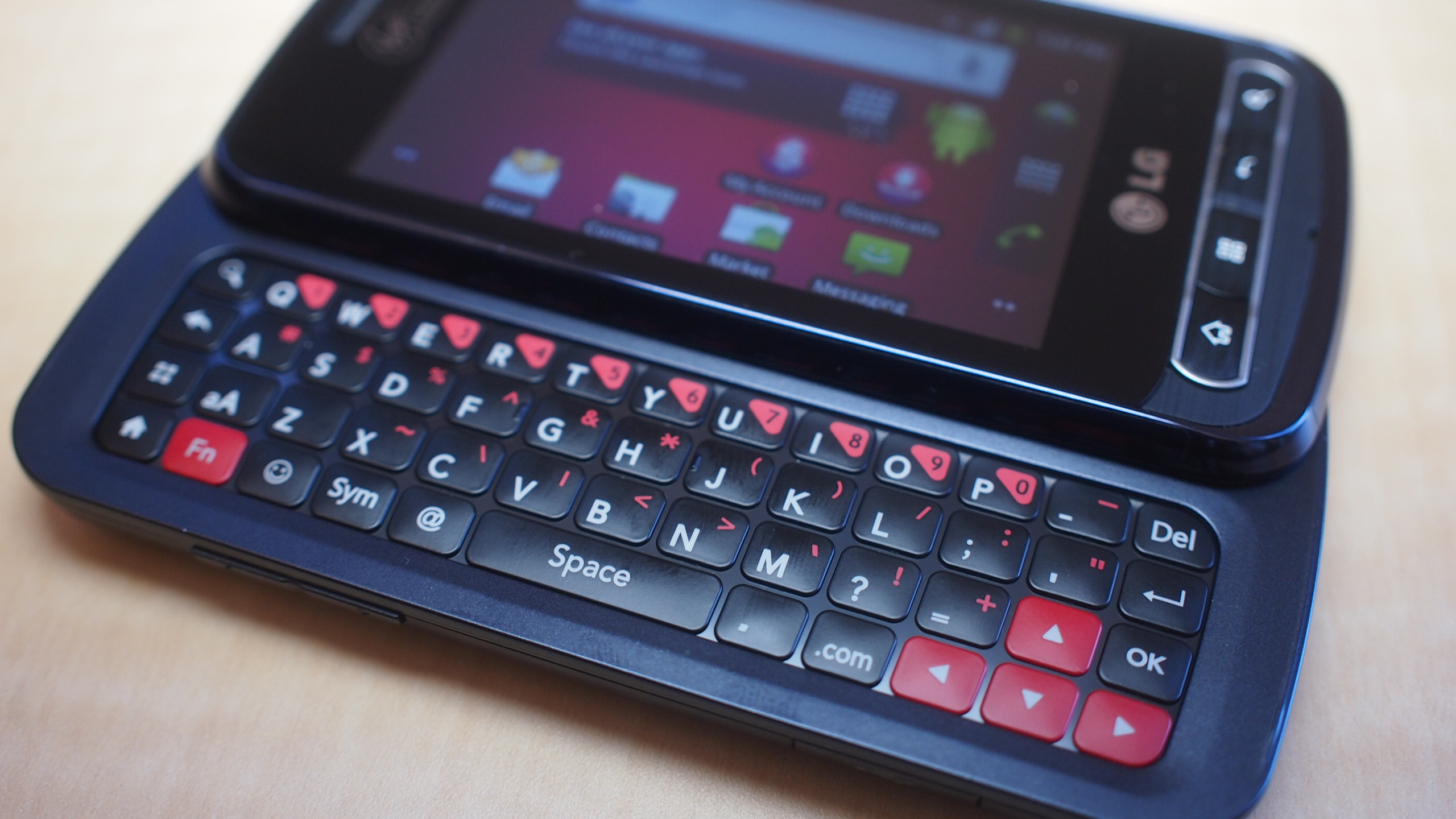Why you can trust TechRadar
Virgin Mobile, despite being an alternative to the major carriers, is actually part of one; it is a wholly owned subsidiary of Sprint Nextel, and uses their spectrum to provide service. In the case of the Slider, which is a 3G capable device, it's on Sprint's CDMA 1900 MHz, EVDO Rev-A network.
Testing was conducted throughout parts of New York City: upper Manhattan, lower Manhattan, and Brooklyn. In each area, voice quality was more than acceptable. While not exactly crystal clear, both parities were able to maintain a conversation with little to no background noise. There were no instances of dropped calls.

But subpar data is the Slider's second major failing, alongside the unresponsiveness of the phone. Upload and download speeds greatly fluctuated from area to area, but they were all very much slow across the board. In recent years, Sprint has begun investing in high speed LTE 4G bandwidth, and the poor performance of this particular device makes one realize why; their EVDO Rev-A infrastructure is not up to snuff anymore.
Of the multiple tests conducted, the very best result was 3688kbps downloaded and 672kbps uploaded, in downtown Manhattan. The average, taken from both downtown Manhattan and Brooklyn, was 110kbps downloaded and 45kbps uploaded. The absolute worst result took place in upper Manhattan, which saw 7kbps downloaded and 2kbps uploaded.

When tested side by side a Sprint device running on its own LTE network, and an AT&T handset running on its own 4G spectrum, the Slider came in dead last in every single instance. In all areas, data performance was abysmal; not only is streaming music from the aforementioned Live app virtually impossible most of the time, but one cannot surf the web or download very modest updates via the Google Play Store with any degree of consistency or reliability.
It is no exaggeration to say that the connectivity issue that the Slider suffers from, when it comes to data, is simply unacceptable.
